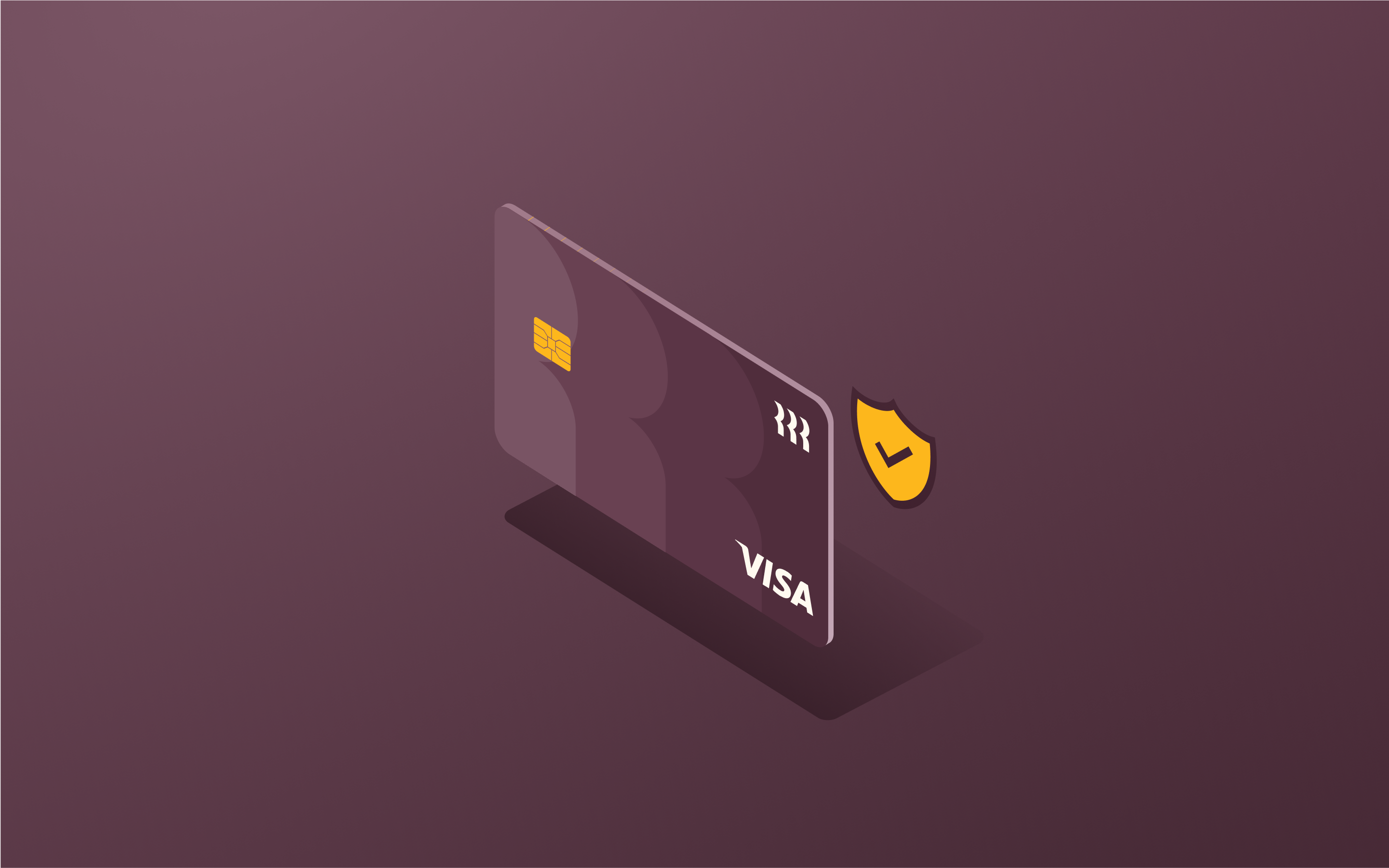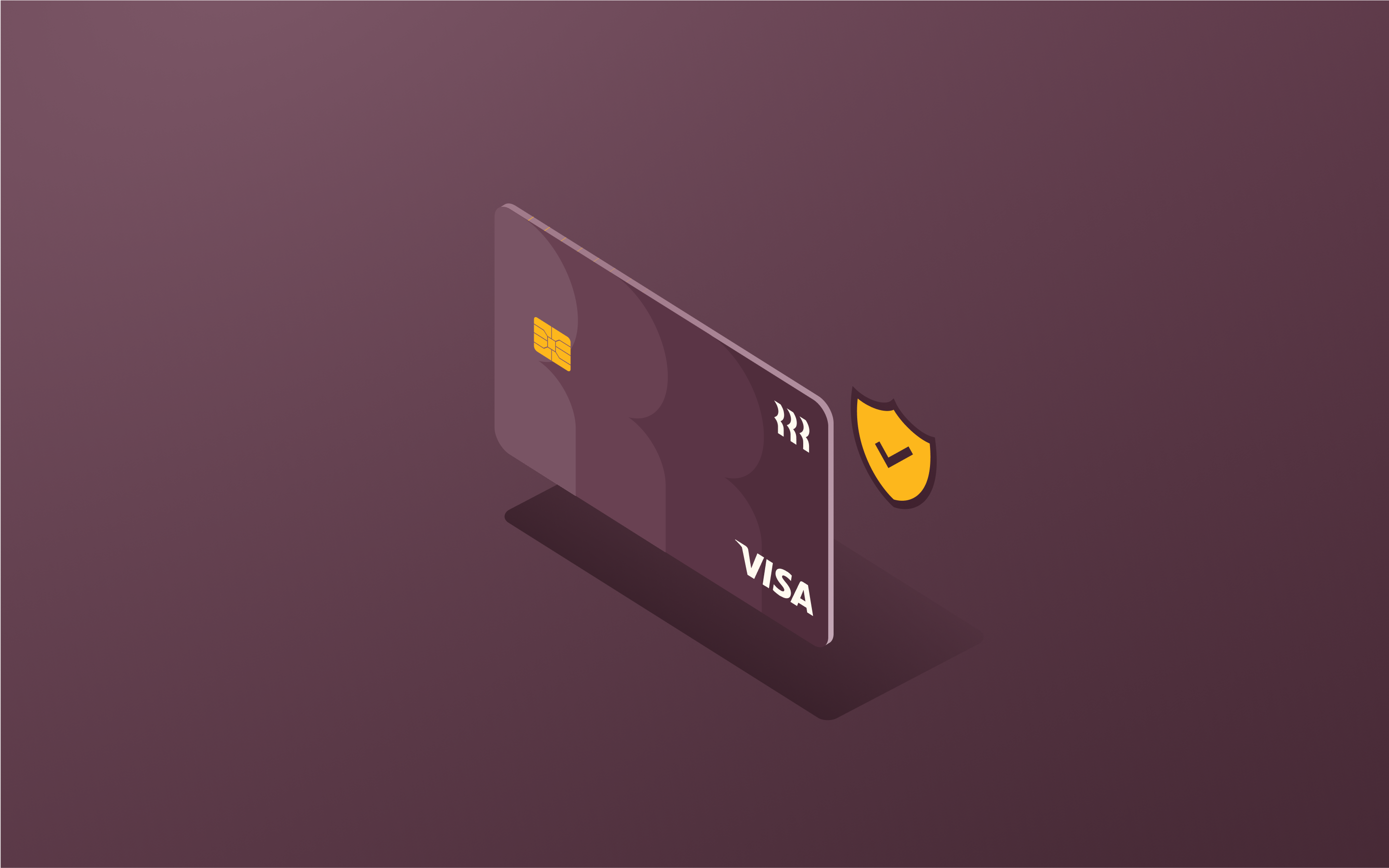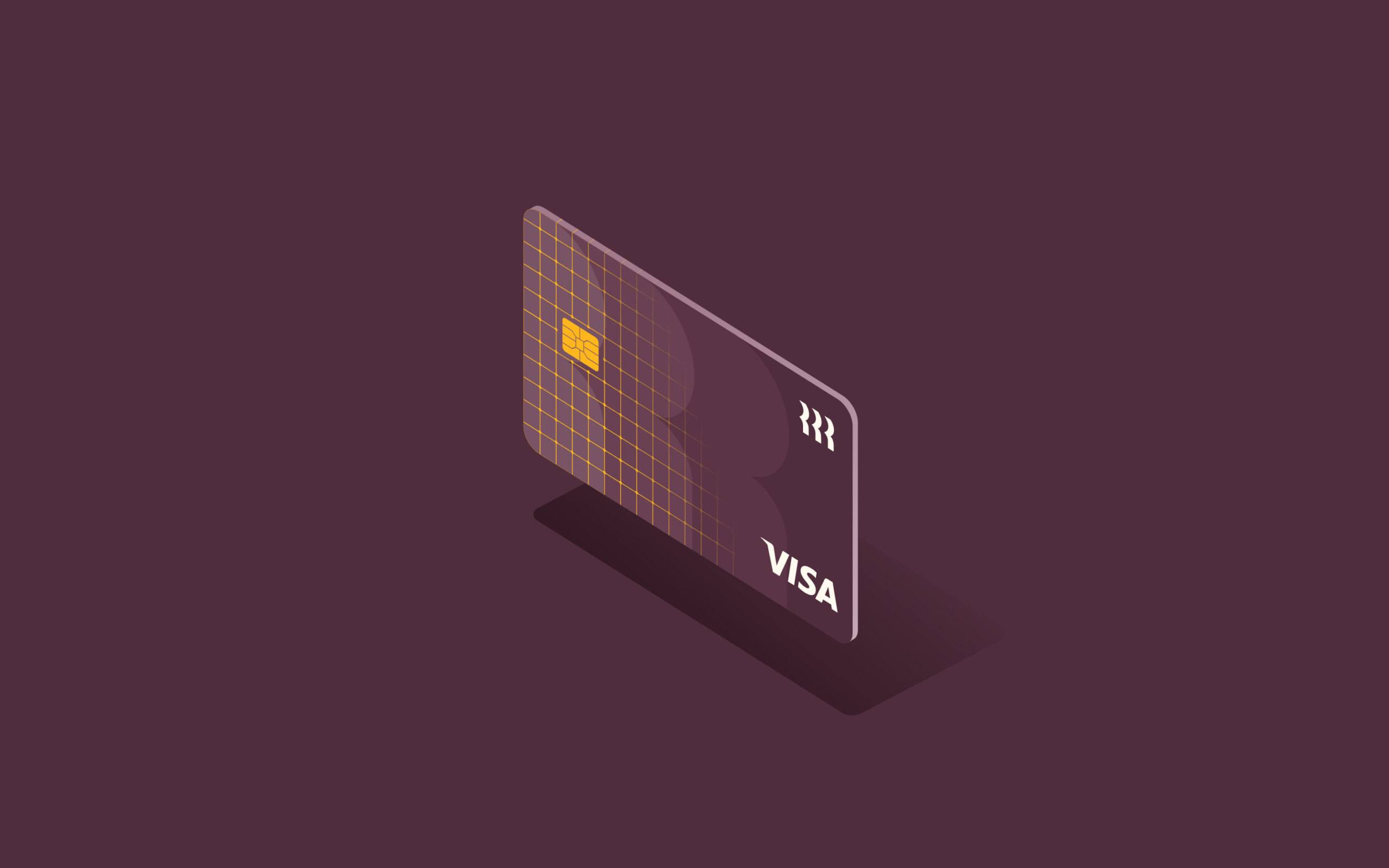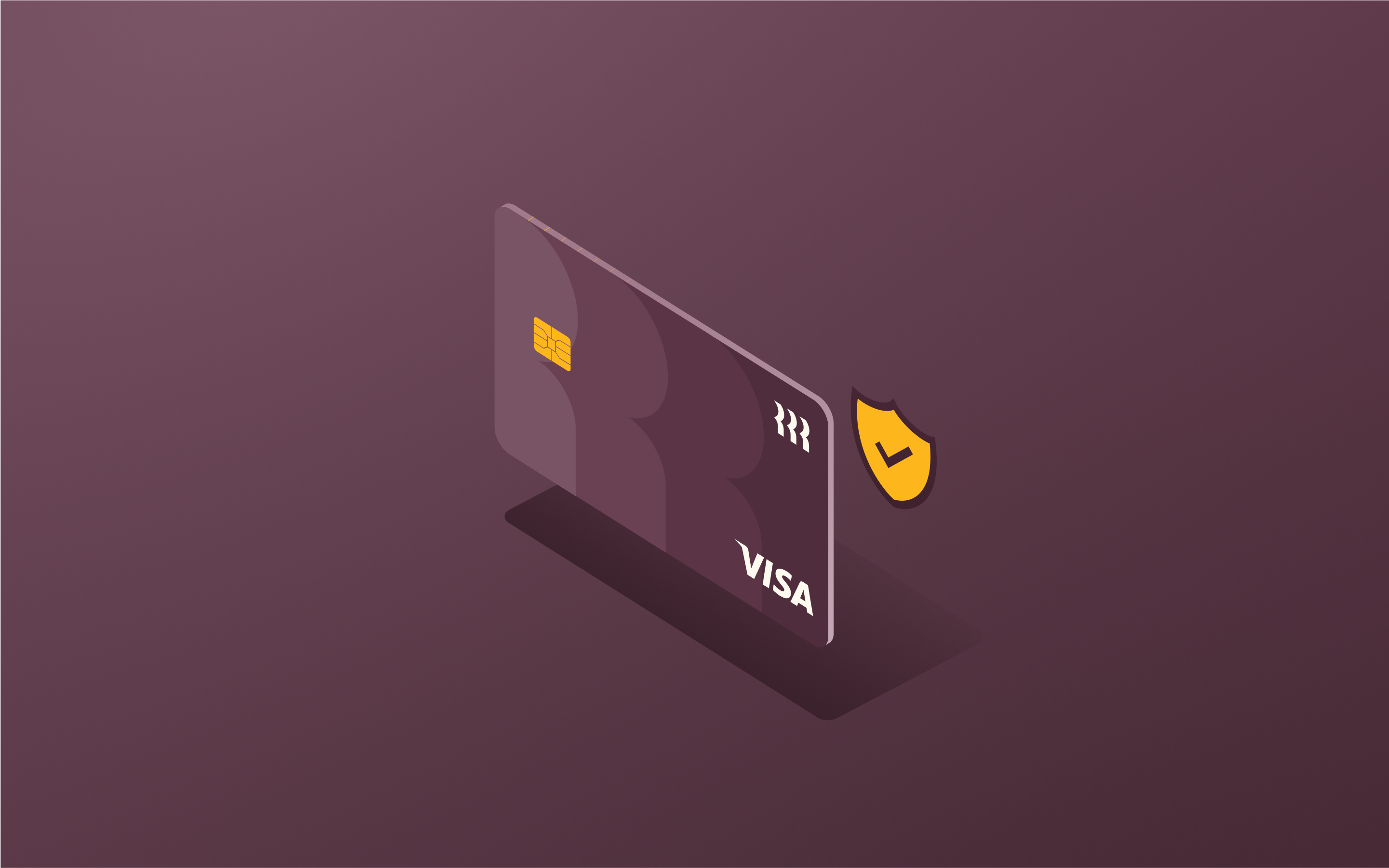Best startup business credit cards with no credit check: Top picks
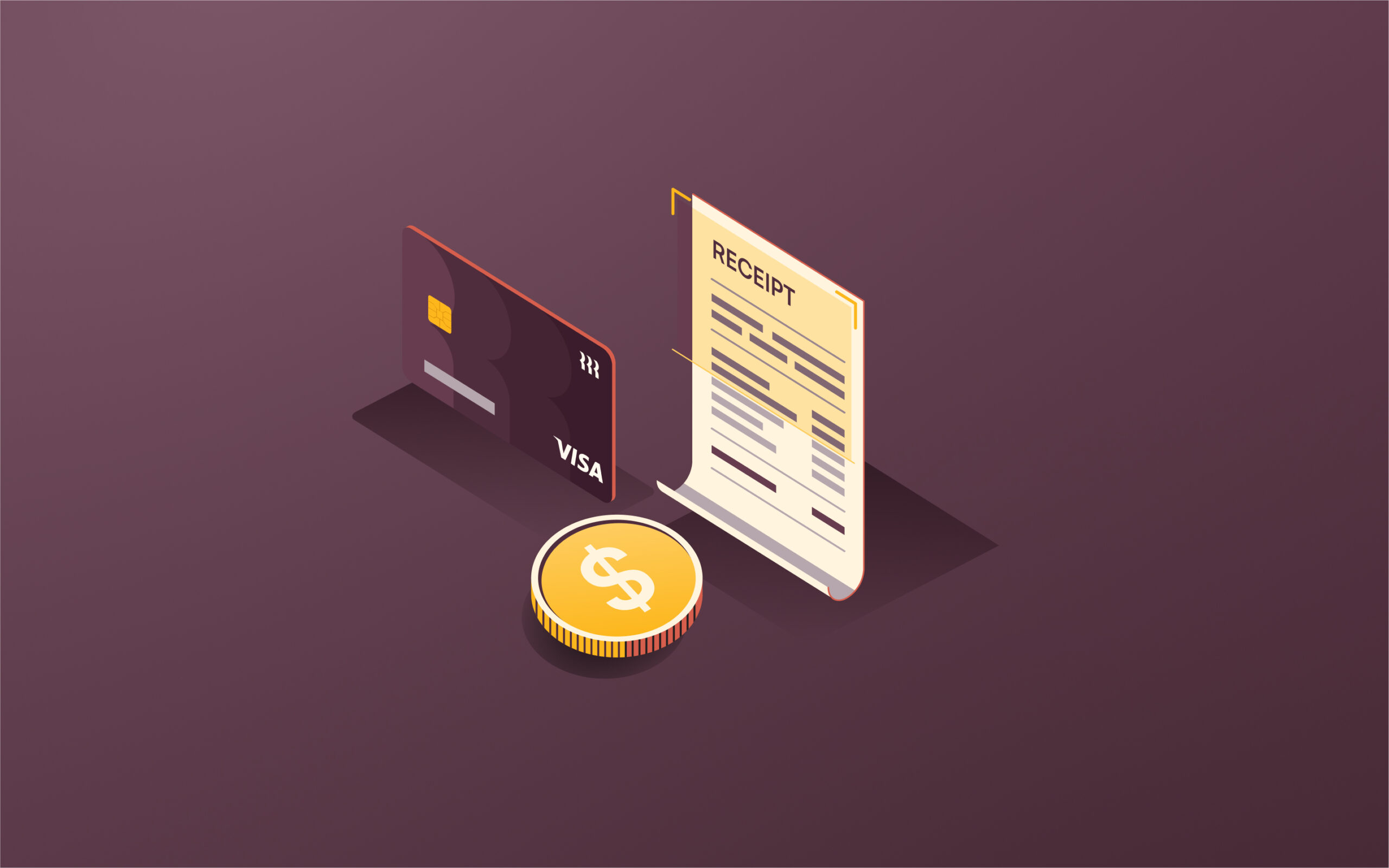
Choosing the right business credit card can be a real challenge for entrepreneurs and startup founders, especially if you have little or no documented credit history. A credit check or personal guarantee is generally required when applying for a traditional business credit card. This can stand in the way of new business owners seeking to keep their personal and company finances separate.
Even if you’re not able to obtain a standard business credit card, there are plenty of alternatives made explicitly for startups and small businesses. These options provide access to credit and practical financial tools, often without requiring a strong credit history or a hard pull (hard inquiry) on your personal credit.
Some of these new types of cards look at a business’s cash flow and revenue. This can help entrepreneurs and startups access working capital, manage expenses, and start building business credit right away. A number of these cards come with the same familiar perks you’ve seen with traditional cards, including rewards, low or no annual fees, and expense management software. Other card options are secured, meaning you place a cash security deposit on the card, usually equal to your credit limit, and use it like a regular card. The issuer is protected if you don’t pay.
In this article, we’ll explore the best startup business credit cards with little or no credit history required. You’ll learn how to qualify for one, compare top picks and their features, and find the right card for your business.
Why startups need a business credit card: 6 benefits
One of the best and smartest moves you can make when starting a new venture is to keep your personal and business expenses separate. A business credit card not only helps you keep your finances organized, but it also offers many benefits that can impact your long-term success.
Establishing and building business credit
Using a business credit card is a fast and effective way for startups to establish and grow business credit. If you make payments on time and stay on top of your balance, you can build a positive credit history for your startup. This can be instrumental down the road when you need to qualify for business loans, negotiate better deals with suppliers, or gain access to more favorable interest rates as your venture grows.
Separating personal and business finances
We mentioned it earlier, but it bears repeating. Keeping your personal and business expenses separate is not only essential for transparency but also for accuracy and professionalism. A dedicated business credit card makes tracking company expenses a breeze, simplifies your bookkeeping, and helps smooth out tax prep. It protects your personal assets from business liabilities and demonstrates to clients and partners that your business is legitimate and well-managed.
Managing cash flow and covering unexpected expenses
When you launch a new business, you’ll soon discover the frustrations of managing unpredictable cash flow. A business credit card makes things easier by providing a financial cushion. With a business credit card, it’s easy to handle short-term expenses, balance receivables and payables, and deal with unexpected situations without tapping into your personal funds. This flexibility becomes particularly important when traditional financing options aren't available.
Leveraging expense tracking and financial tools
Many business credit cards come with invaluable expense management and financial tools. These features include real-time purchase tracking, automated expense categorization, detailed reporting, and integration with popular accounting and financial software. These capabilities help you work faster, avoid costly mistakes, and make informed financial decisions as your business scales.
Unlocking rewards and cashback opportunities
Rewards and cashback aren’t exclusive to personal credit cards. Modern business credit cards often include rewards programs tailored to business-related purchases, including cashback on expenses such as office supplies, travel, and advertising. Depending on your spending, these rewards can add up fast, helping to offset your company spending. Many cards offer generous welcome bonuses, retailer discounts, and points that you can use for business-related purchases.
Gaining fraud protection and purchase coverage
Business credit cards generally provide robust security features, including fraud monitoring, zero-liability protection, and purchase insurance. These protections safeguard your business against unauthorized charges, damaged goods, and billing disputes. If you use cash or a personal credit card for business purchases, these issues can be much harder to resolve.
What to know before applying for a small business credit card
You might think that all business credit cards are created equal, but there are significant differences. Some cards are best suited for startups and entrepreneurs with limited or no credit history, while others are a better fit for larger organizations with a substantial workforce.
Before you pick one, there are several factors you should consider. Take the time to understand how you’ll use your card, read the fine print, and be aware of how your choice can affect your business finances. The right card can help you build your business credit, manage expenses, avoid foreign transaction fees, and more. Here are six things to consider:
Low or no annual fees
Startups need to keep spending down and operate on a tight budget, and business credit cards that offer low or no annual fees can help. But at the same time, are you paying extra somewhere else? No fees are great, but if you run a balance, you might be paying a significantly higher interest rate. Or maybe the annual fee is low, but you’re missing out on other rewards that might negate the yearly fee. Crunch the numbers to see which benefits have the biggest impact on your budget.
Credit-building potential
If you’re looking to build your credit, opt for a card that reports your payment history to the major credit bureaus. This is important for building your business credit profile. An improving credit profile can enable you to access larger lines of credit and negotiate more favorable financing terms. Look for a card that helps you establish a good credit history without requiring a personal guarantee or credit check, and as a result, protects your personal assets.
Rewards or cashback incentives
Some of the best business credit cards, including those that don’t require a credit check, offer valuable rewards and cashback programs. Depending on the reward rate, these benefits can really add up, especially if your business has significant spending. Many cards boost rewards during an introductory period, which can be especially helpful when you're making large purchases early on. If a card includes a welcome offer, be sure to check how long it lasts and whether any exceptions apply.
Approval odds for those with no credit history
If you’re starting a business and have little or no established credit, look for cards that cater specifically to new companies and don’t require a personal credit check. Several options listed below are designed for startups and base approval on factors like business revenue, cash flow, time in business, and your business bank account activity. Some issuers may also consider your business plan or projected earnings.
Flexible repayment terms
Be sure to consider whether the card you’re considering is a traditional business credit card or a charge card. Many no-credit-check business credit cards are charge cards, which require you to pay the balance in full each month. While this can help you avoid interest charges, it also means you can’t carry a balance if you hit a cash flow problem.
Additional business management features
Look for features that can help simplify your operations and save you some money. Some business credit cards offer built-in expense management tools, free employee cards with customizable credit limits, and integrations with popular accounting software. Other options include account alerts, real-time reporting, and virtual cards for online spending. These extras can make it easier to track spending, manage budgets, and stay organized as your business grows.
8 best startup business credit cards with no credit check
Securing a business credit card without an established credit history can be challenging. Fortunately, several card providers in the US offer solutions specifically designed for new businesses with limited or no credit background. In many cases, eligibility is determined by business performance or cash flow. Some cards require a refundable security deposit instead of a traditional credit check, while others look at your personal credit history. Here are the top options to consider:
1. Rippling Corporate Card
Rippling’s Corporate Card is integrated with Rippling’s HR and expense management software, making it a standout for startups looking to streamline payroll, benefits, and expense reporting. The Rippling Corporate Card does not require a personal credit score check or a personal guarantee, and your credit score will not be affected. Unlike personal credit cards, Rippling corporate cards focus on your business's financial standing. Its high cash-back rate and robust international support are ideal for startups and companies with global operations.
Benefits:
- Integration with Rippling’s HR, payroll, and spend management tools
- Rewards for every dollar you spend
- Industry-leading cashback at 1.75%
- No annual fees or interest for US-based transactions
Eligibility requirements:
- Must be a registered legal entity (excluding sole proprietorships)
- Must have an Employer Identification Number (EIN)
- Subject to evaluation of financial information and spending patterns
2. Brex Card
The Brex corporate card offers a range of features that can help businesses simplify their financial management and enhance their operational efficiency. Brex offers credit and spending limits based on factors such as your business’s cash flow or capital raised, rather than solely on its credit. Brex also offers expense management tools to assist with financial reporting and reconciliation.
Benefits:
- High credit limits
- No personal guarantee required
- Rewards program
- No annual fees
Eligibility requirements:
- Valid US incorporation, physical address
- EIN
- Minimum financial thresholds
- At least $50,000 in cash on hand for startups
3. Capital One Spark Classic for Business
The Capital One Spark Classic for Business is designed for entrepreneurs with fair or limited credit. While there is a personal credit check, it is accessible to those with no established business credit history or business credit score, making it a practical option for new businesses seeking to establish credit.
Benefits:
- Unlimited 1% cashback on all purchases
- No annual fee
- Employee cards at no additional cost
- Access to travel and account management tools
Eligibility requirements:
- Fair credit profile (personal credit check required, but no established business credit score needed)
- US-based business with EIN
- Age 18+ with valid SSN or International Tax Identification Number
4. Ink Business Unlimited Credit Card
Chase’s Ink Business Unlimited is a suitable option for startups and founders with excellent personal credit. It offers rewards, cashback, and no annual fee. However, it does require a personal guarantee.
Benefits:
- Unlimited 1.5% cashback on all purchases
- No annual fee
- $750 welcome bonus after spending $6,000 in the first 3 months
- 0% intro APR for 12 months
Eligibility requirements:
- Personal guarantee required
- US-based business with EIN required
- Ability to make minimum monthly payments required
5. Emburse Cards
Emburse offers flexible prepaid and business credit card solutions with real-time expense management, making it ideal for startups that want to control spending and automate expense reports. It’s notable for cashback and software integration options.
Benefits:
- No personal credit check for prepaid cards
- Unlimited cashback on all purchases
- Real-time visibility and control over employee spending
- Seamless integration with accounting software
Eligibility requirements:
- US, UK, or EU-based business
- Verified business and active bank account
- Active Emburse Spend subscription
6. BILL Divvy Corporate Card
The BILL Divvy Corporate Card is a charge card, meaning you can’t carry a balance. But it’s a good solution for new businesses. It combines credit access with budgeting and expense management features, helping you build business credit. A security deposit may be required.
Benefits:
- Comprehensive rewards package
- Flexible credit lines ($1,000 to $15 million, based on underwriting criteria)
- Automated expense management and budgeting tools
- No annual fee
Eligibility requirements:
- US-based business with EIN
- US business bank account
- Business financials and cash flow considered for approval (not personal credit)
7. OpenSky Secured Visa Credit Card
OpenSky’s Secured Visa doesn’t require a credit check at all. Instead, a refundable security deposit sets your credit limit. It’s a popular choice for founders and entrepreneurs building business credit (or rebuilding it). Cardholders may be eligible for an unsecured card in as little as six months.
Benefits:
- No credit check for approval
- Credit reporting to all three major bureaus
- Flexible credit limit ($200–$3,000) based on security deposit
- Up to 10% cashback
Eligibility requirements:
- US-based business or individual
- Refundable security deposit
- Tax ID or Social Security number
8. Stripe Corporate Card
Stripe’s Corporate Card is designed for internet businesses and startups that already use Stripe’s payments platform. It offers instant virtual and physical cards, dynamic spending controls, and rewards tailored to online businesses.
Benefits:
- Real-time transaction reporting
- No associated fees
- Integrations with financial software like Quickbooks and Expensify
Eligibility:
- Invite-only access
- US-based companies with Stripe accounts
- Approval based on Stripe account history and business performance
How to get approved for a business credit card with no credit: 5 tips
Getting approved for a small business credit card when you have no established credit history can take some work, but it’s not impossible. Whether you're exploring startup business credit cards with no credit (Employer Identification Number only) or simply looking for the best credit cards for small business, there are steps you can take to improve your odds. Here are five practical options to consider:
1. Apply for a secured business credit card
Secured business credit cards for startups are a common and easily obtainable solution for ventures with limited or no credit history. Secured credit cards require you to make a refundable security deposit, and the amount of your security deposit usually sets your credit limit. Using a secured credit card responsibly by making purchases and paying your balance on time helps you build a strong payment history. Many issuers report your card activity to the major credit bureaus, which helps you establish business credit and gain access to additional financing options.
2. Use business revenue instead of personal credit
Some credit cards for new businesses and startups evaluate your company’s financial health instead of your credit score. Issuers of these cards base approvals and credit limits on your business’s revenue, cash flow, and sales data, rather than your FICO score (the three-digit number that summarizes your credit history that lenders use to determine your creditworthiness). Businesses with a steady income stream or healthy cash reserves should note this during the application process, as it will boost their chances of approval.
3. Open a business bank account to establish credibility
When launching a new venture, open a dedicated business bank account. It not only separates your business and personal finances but also shows credit card providers that your business is legitimate. Some credit cards for new businesses with no credit history or cards with no-credit-check require you to connect to a business checking account. Maintaining a good standing can improve your chances of approval. Business accounts also make it easier to track expenses and cash flow, encouraging responsible credit use.
4. Build your business credit score
It won’t happen overnight, but you should prioritize building your business credit score. You’ll need to build your business credit profile first. Register your company with the relevant agencies, apply for an Employer Identification Number (EIN), and make sure your business details are consistent wherever they appear. Use lending products that report to the credit bureaus and make sure that you pay your bills on time. With time, your business credit score will improve, helping you qualify for better credit options and terms.
5. Choose the right business structure
While there are several no-credit-check business credit cards out there, many are only available to businesses that are incorporated (e.g., LLCs, corporations). Some exclude sole proprietors and solopreneurs altogether. If you’re in this position, consider forming an LLC or corporation, as it may be advantageous for getting credit. Your company will be eligible for a wider range of business credit cards, and you’ll benefit from separating your finances and reducing personal liability.
Alternative funding options for startups with no credit history
There are other options for securing funding without an established credit history. While they can be a challenge, they can help you access the capital you need to launch and grow your business, often without a hard credit check or a personal guarantee.
Corporate cards
Corporate cards are designed to help businesses manage their spending. Many of these cards offer valuable features, including the ability to issue cards to employees, enforce spending controls, and automate expense reconciliation. For example, Rippling’s corporate card doesn’t require a personal credit check, so your credit score won’t be affected. Unlike personal credit cards, most corporate cards focus on your business's financial standing. This makes them accessible to a broader range of organizations.
Small business loans and equipment financing
Traditional small business loans usually require a credit check, but there are exceptions. Some lenders, especially fintech companies and nonprofit organizations, offer microloans and equipment financing with minimal or no credit requirements. For equipment financing, some providers focus more on your business’s revenue and the value of the equipment rather than your credit score, allowing you to acquire essential tools and machinery without traditional barriers.
Online crowdfunding platforms
Crowdfunding platforms, such as Kickstarter, Fundable, and Indiegogo, enable startups to raise funds from the public, eliminating the need for traditional banking and credit checks. With reward-based crowdfunding, you offer potential backers early access, discounts, or exclusive incentives in exchange for their financial support. Equity crowdfunding lets you raise funds by giving investors a stake in your company. Crowdfunding not only provides access to capital but also serves as an effective promotional tool, helping you verify the potential of your idea while building a community of advocates.
Merchant cash advances
A merchant cash advance (MCA) is a way to get upfront capital in exchange for a percentage of your future sales. Approval is typically based on your business’s revenue and sales history rather than your credit score. The lender advances you a lump sum, which you repay automatically through a fixed percentage of your daily or weekly credit card sales. MCAs can be funded quickly and require minimal paperwork, making them attractive for startups with steady sales but limited credit history. They can be more costly compared to traditional funding sources in the long run.
Small business lines of credit
Some lenders offer business lines of credit with no credit check, focusing instead on your startup’s cash flow, sales, and time in business. These revolving credit lines let you access funds as needed, and you only pay interest on the amount used. While this is a flexible funding option, be wary of variable interest rates and hidden fees.
Microloans
Microloans are small, short-term loans designed specifically for startups and businesses that may not qualify for traditional financing. Several organizations, such as Kiva, offer microloans with flexible requirements, often focusing on your business plan, community impact, or personal story rather than your credit score. Microloans support startup growth, providing both funding and, in some cases, mentorship and other support to help you achieve success.
Introducing Rippling’s corporate card solutions
Unlike traditional business credit cards, Rippling’s corporate cards do not require personal credit checks or guarantees, making them accessible to a wider range of companies, from small businesses and startups to enterprise companies.
Rippling corporate cards unify employee and spend data, allowing you to create hyper-custom card policies and automate control over how, when, and where employees can spend. By connecting corporate card usage directly with employee data, Rippling gives you precise control over spending and policy enforcement, leading to better financial oversight with less administrative work, allowing companies to enforce spend exactly how they want—automatically.
But automated spending controls are only the beginning. Rippling also offers branded physical cards, instant virtual cards, and rewards for every dollar you spend with no cap and no expiration, complete with industry-leading cashback at 1.75%.
Through Rippling’s spend management software, you get comprehensive, automated expense management, removing hours of tedious administrative work from your expense management processes and gaining unprecedented control over spend.
Startup business credit cards with no credit FAQs
Can I use my EIN to get a business credit card?
Yes, you can use your Employer Identification Number to apply for a business credit card. However, most providers will still require your Social Security Number and a personal guarantee. This is especially true for small businesses and startups. Some corporate cards allow you to apply using only your EIN, but these options are generally for established businesses with a strong financial track record. For most small businesses, using an EIN alone is not enough to bypass a personal credit check or personal guarantee. But some issuers may make an exception, so it’s worth checking. New card offerings are introduced frequently, so be sure to check back regularly for one that suits your needs. You can also look into getting a secured card.
Can a new LLC get a business credit card?
In most cases, a new LLC can obtain a business credit card, even if the business is newly launched. Most providers will ask for your LLC’s EIN, company information, and current or projected business income. You may need to undergo a personal credit check and provide a personal guarantee, as new LLCs haven’t established a credit history. A strong personal credit rating can unlock better introductory offers, interest rates, and rewards.
Can a startup get a credit card without a personal guarantee?
It depends on the issuer. Some corporate cards don’t require a personal guarantee, but they often come with strict eligibility requirements. Startups with considerable backing, substantial cash reserves, or significant growth potential may be able to secure business credit cards without a personal guarantee.
What’s the best way for a startup to build business credit with a new business card?
Startups can build business credit by using a business card that reports payments to the major credit bureaus. Responsible use, like paying on time and keeping balances low, helps establish a strong business credit history. A secured credit card or a charge card can be a great starting point for new business owners with limited or no credit score.
How do credit limits and foreign transaction fees impact startup expenses?
A higher credit limit offers more flexibility for purchases and helps grow your credit line over time. Startups handling international transactions should also watch for foreign transaction fees, which can add up fast. Choosing a card without these fees helps cardholders control costs while still earning rewards like cashback and points.
This blog is based on information available to Rippling as of May 1, 2025.
Disclaimer: Rippling and its affiliates do not provide tax, accounting, or legal advice. This material has been prepared for informational purposes only, and is not intended to provide or be relied on for tax, accounting, or legal advice. You should consult your own tax, accounting, and legal advisors before engaging in any related activities or transactions.





